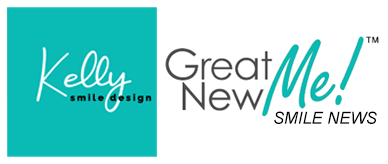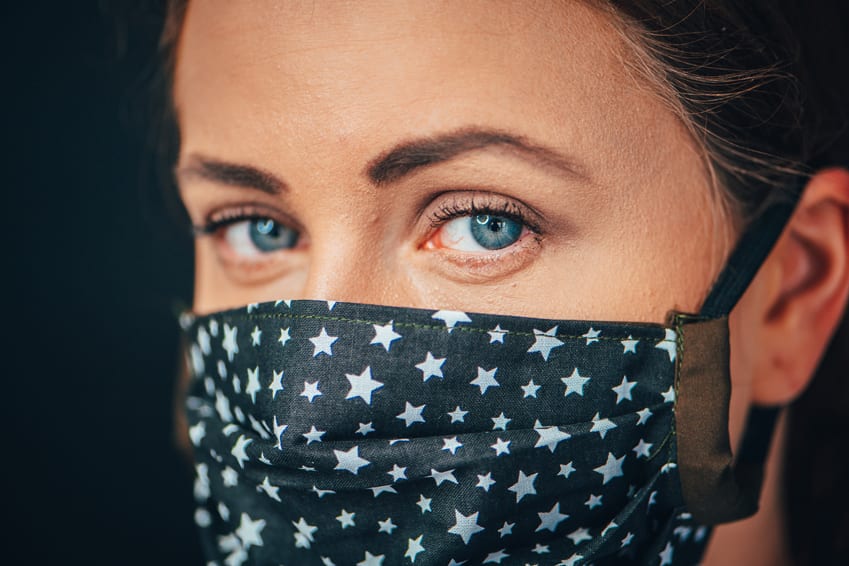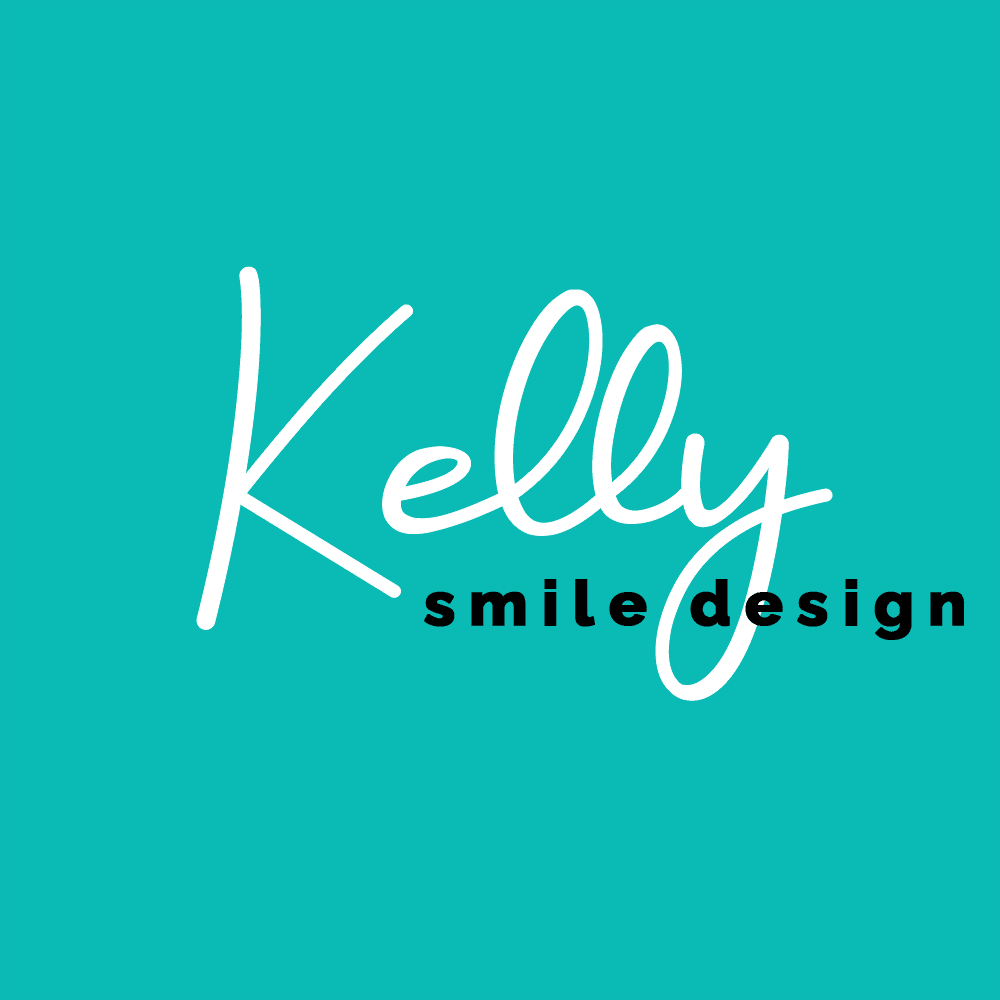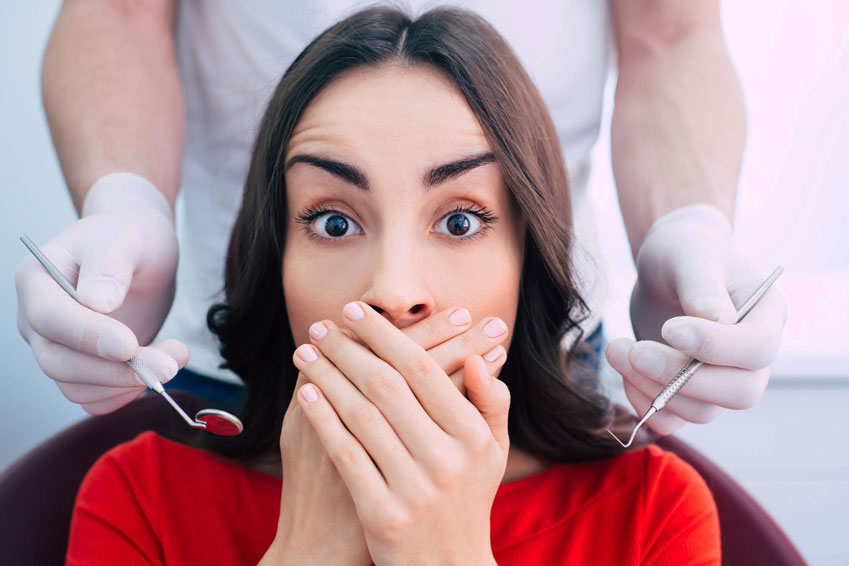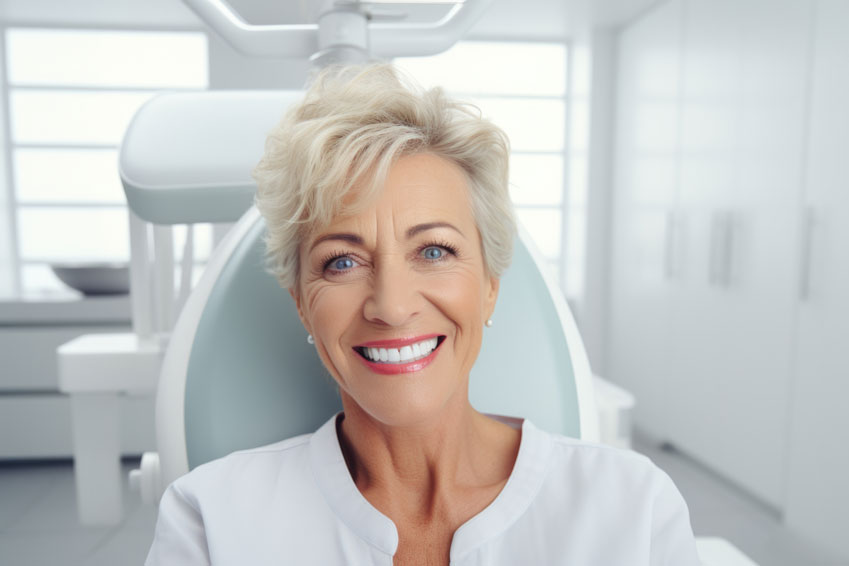Now more than ever, keeping an eye on your eyes is super-important.
Most people know, when a person infected with COVID-19 sneezes or coughs, inhaling near that person can cause transmission of the virus. But did you know, they can also be absorbed in your eyes? You can also become infected by touching something that has the virus on it — like a table or doorknob — and then touching your eyes. So protecting your eyes from inadvertent infection is now crucial for COVID-19 protection.
Watch this informative video on your eyes and Coronavirus from Yahoo Life
The “eyes” could have it.
Given the inherent dangers of passing or contracting COVID-19, here are some great tips.

No. 1. If you wear contact lenses, consider switching to glasses for a while. It’s no secret, contact lens users touch their eyes quite a bit. Wearing glasses is usually less irritating, and you may have less cause to put your hands to your face.
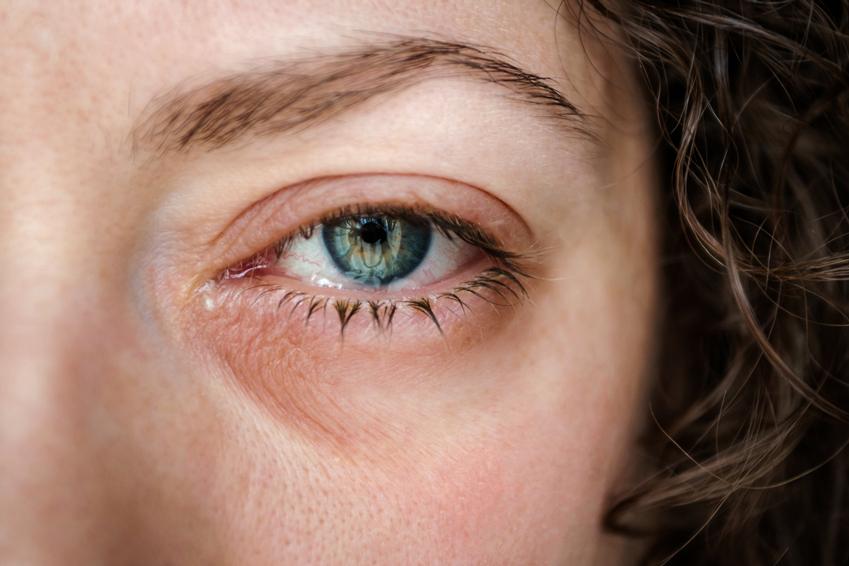
No. 2. People with COVID-19 are more likely to develop conjunctivitis. A recent study from China of patients hospitalized with coronavirus presented with pink eye disease. Not to say that all people with pink eye are also infected with COVID-19, but it’s best to avoid contact.
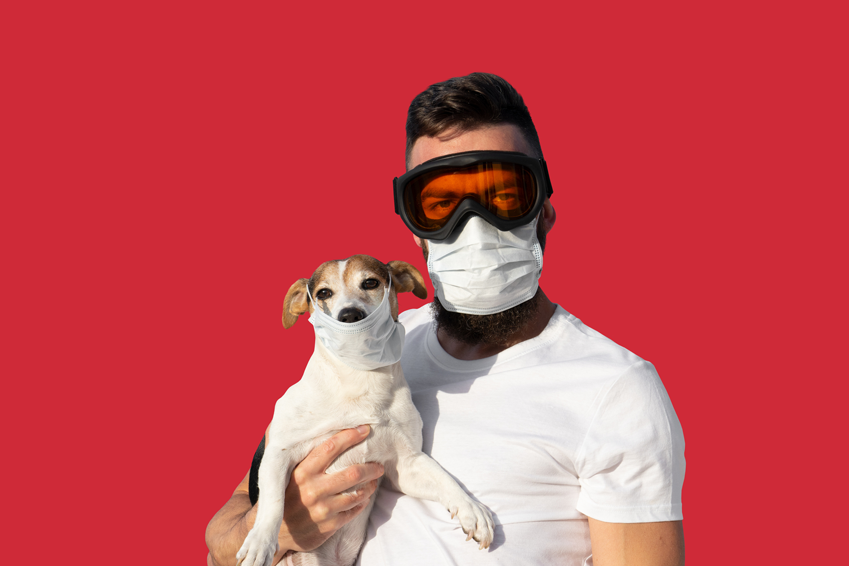
No. 3. Wearing safety goggles may protect you better. Wearing glasses can actually prevent respiratory droplets from entering your eyes, but it’s nowhere near iron-clad protection. If you’re taking care of someone who has contracted COVID-19, safety goggles may be a better choice.
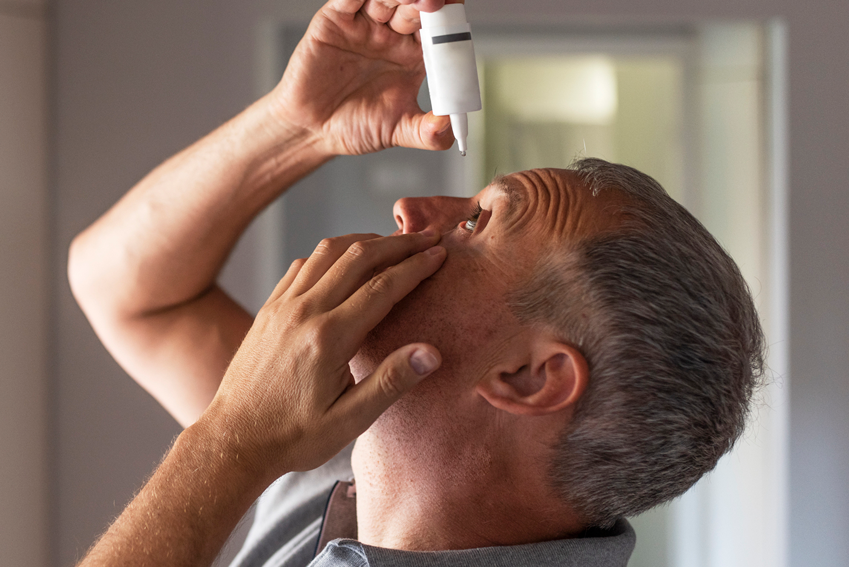
No. 4. Stock up on eye medicine prescriptions, if you can. In this period of time, supplies of all manner of merchandise are more uncertain. It is advisable to stock up on critical medications to ensure you have enough in the event you are unable to fill new prescriptions. Many insurers will allow you to fill more than a month’s supply. Request refills as soon as possible, especially if they’ll be delivered.
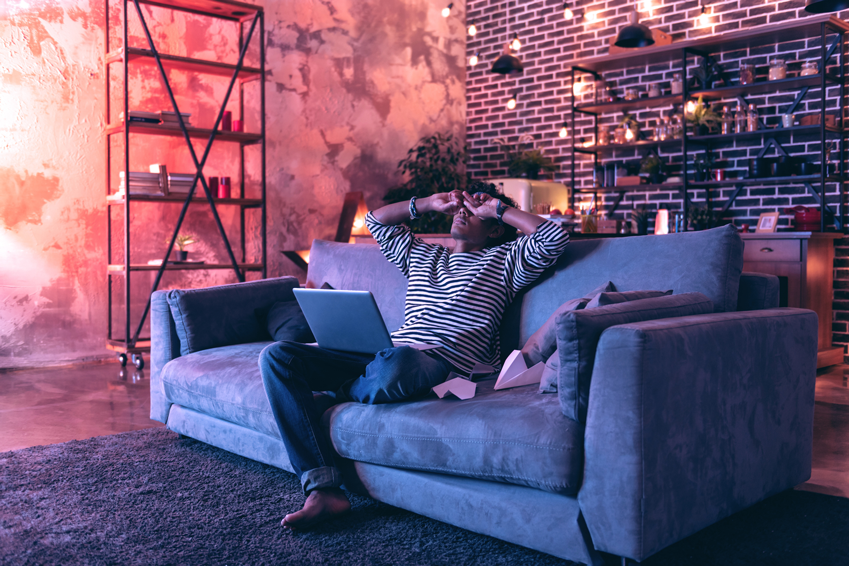
No. 5. Please don’t rub your eyes. This is a habit that needs to be broken, especially in times like these. If you must touch your face, use a tissue, disposable wipe or cloth, not your fingers. Do you have dry eyes? Do what you can to keep them moist. Always wash hands before doing anything that involves contact with your face.
Should I visit an eye doctor now?
Ophthalmologists are available to treat urgent eye issues, deliver eye injections and provide critical care. Call your ophthalmologist or other medical doctor as soon as possible in the following situations:
- Sudden vision loss
- Injections for macular degeneration or diabetic retinopathy
- Eye injury that causes pain, discomfort or change in vision
- Noticeable changes in your vision
Many eye care professionals have closed their offices, except for urgent care. If you can possibly delay any non-urgent visits, you’ll be doing a lot to help prevent COVID-19 in your community. If you must see someone, rest assured, your health will be protected to the greatest extent possible.
Likewise, make sure you are healthy when you pick up the phone – we all play a role in preventing the spread.
Stay safe and healthy!
